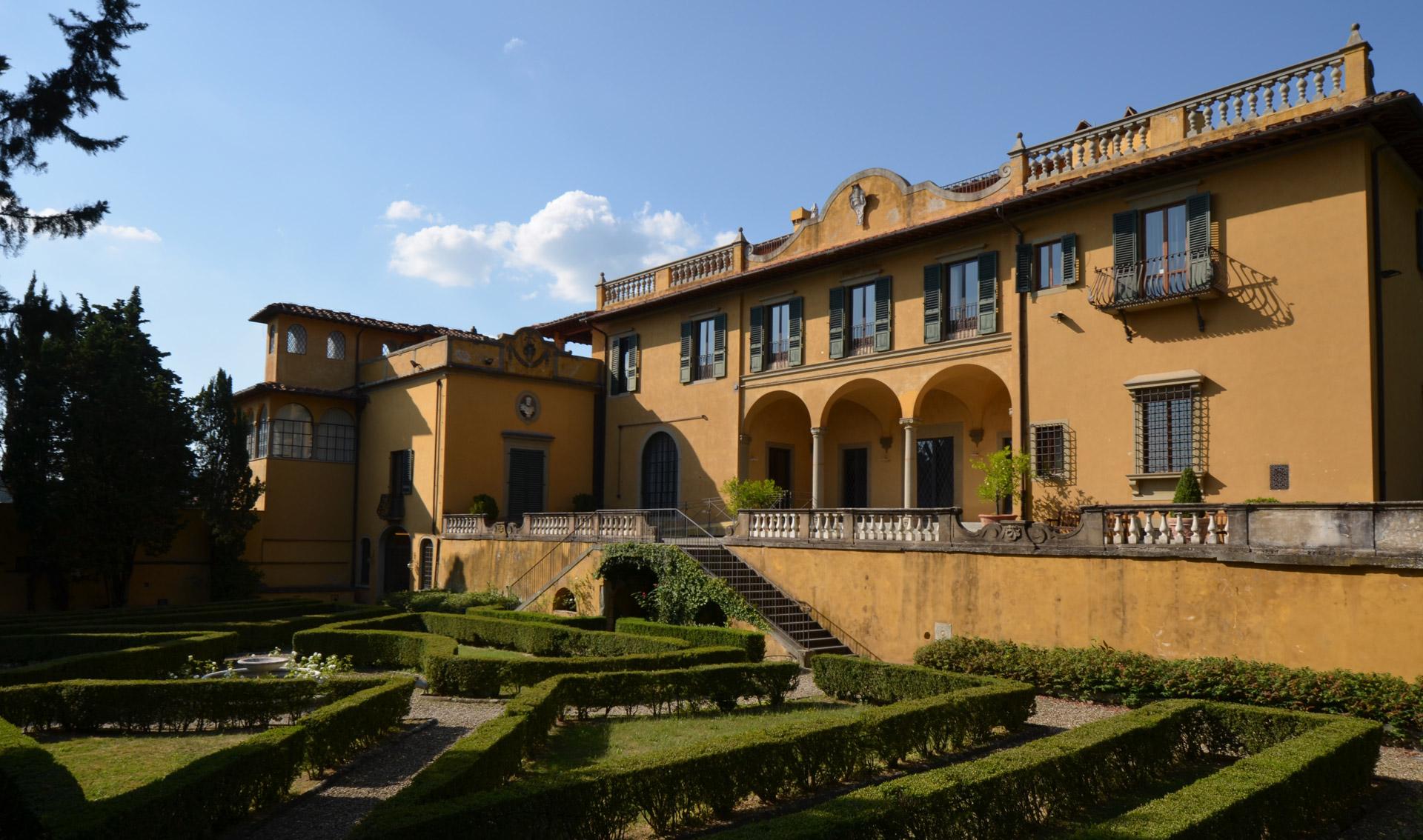Read more
Blog, Migration Governance
Interview with Federico Soda, IOM
Andrew Geddes recently spoke with Federico Soda, who is Director, Coordination Office for the Mediterranean, International Organization for Migration. The Division oversees IOM’s programming worldwide and provides guidance in the areas of labour migration,...
There has long been a public debate about how Palestinian refugees handle the tension between their integration in Jordan and their commitment to the Palestinian national predicament. In Jordan, there is a widely-held collective opinion that camp dwellers nurture anti-government sentiments. Local authorities, in particular, describe camp dwellers – male adolescents and young men especially – as threatening and hostile “others”. For example, I encountered this view in my conversation with the head of al-Wihdat’s police station, from whom I was seeking permission to conduct research in the camp. Originally set up in 1955 to host Palestinians who had fled Palestine following the establishment of the State of Israel, al-Wihdat is part of Amman, the capital of Jordan. As the police officer sat in his armchair, watching a popular Lebanese soap opera on a large plasma TV, he complained to me about his troubles at work:
My job is very difficult. Here there are many sorts of crimes! . . . Everything! Drugs, stabbings, homicides, fights . . . Everything! [We have problems] in the summer especially, when young men get out of their houses and vent their frustrations . . . Unemployment and poor infrastructure aggravate the situation . . . Yes, you can say it, the camp is much worse than the surrounding areas. It is a dangerous place!
Such stereotypical depictions of the camps are quite common in Jordan. Youth masculinity in the camp is widely perceived in Jordan as an expression of either immoral behaviour or unthinking radicalism, and as a symbol of cultural and political difference and the failure of camp dwellers to assimilate. These prejudices have led many in Jordan to question the very idea that camp dwellers might identify with the Jordanian state. This is not surprising; writing in relation to Muslim immigrants from Turkey in Berlin, Katherine Pratt Ewing argued that ‘the identity of the national subject, that is, of one who fully belongs to the nation as one of “us”, rests on a discursive process in which others are defined as “not us”. […]In a similar manner, Palestinian refugees from al-Wihdat are often imagined ‘through the lens of a socially shared fantasy that […] affects the possibilities for the [camp dwellers’] cultural citizenship or sense of full belonging’. Indeed, camp dwellers – especially young men – are widely perceived outside the camps as incapable of fully belonging to the nation because of allegedly immoral behaviour or unthinking radicalism.
What is surprising is the fact that the enduring stereotype of the inherent unruliness of camp dwellers is involuntarily reinforced by a specific scholarly understanding of masculinity. By building more or less consistently on the notion of ‘hegemonic masculinity’, studies have brought to the fore the mutual dependency between a normative model of masculinity and Palestinian nationalism. Such a hegemonic ideal of masculinity would take shape around heroic expressions of independence, bravery, and male assertiveness; it would be defined against allegedly feminine characteristics, typically associated with subjection, passiveness and endurance.
Careful scrutiny, however, problematizes common prejudices and a number of scholarly assumptions about adolescents and young men in the camp. Despite their aspiration to act out a hegemonic masculinity, youth are critical of those in the camp who yearn to embody such cultural ideals exclusively, and who are unable to adapt to the changing circumstances of their lives in Jordan. For many of these young men, I would argue, it is this very ability to downplay overt expressions of male potency and to move between diverse and, at times, contrasting styles of manhood that enables the reproduction of Palestinian nationalism in the context of an exile that has lasted too long.
Luigi Achilli, Research Associate at the MPC
Excerpt from: “Becoming a Man in al-Wihdat: Masculine Performances in a Palestinian Refugee Camp in Jordan”, International Journal of Middle East Studies, 47, 2, 263-280 (2015).
—
The EUI, RSCAS and MPC are not responsible for the opinion expressed by the author(s). Furthermore, the views expressed in this publication cannot in any circumstances be regarded as the official position of the European Union.

